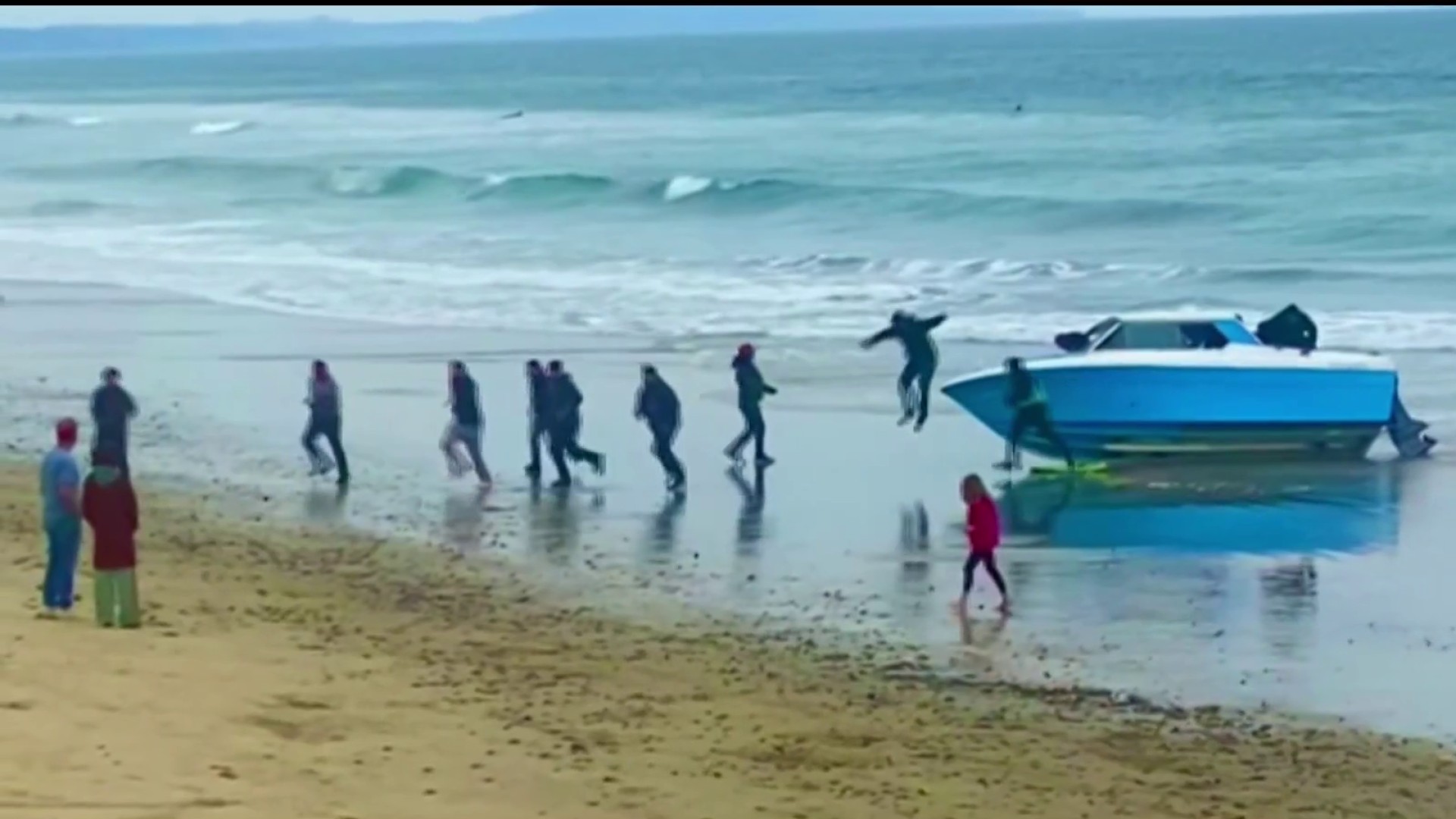The search begins for hundreds, if not thousands, of non-U.S. citizens who may have been forced into signing a voluntary return form.
A judge gave final approval Thursday to settle a lawsuit filed by the American Civil Liberties Union against U.S. Border Patrol and Immigration and Custom Enforcement, claiming its officers were using deceptive tactics to get people to sign the forms--which basically denies their right to due process.
Isidora Lopez-Venegas is just one of the people who signed the voluntary return that sent her back to Mexico.
“When I found out I had been lied to, I felt cheated," Lopez-Venegas said in Spanish. She was the lead plaintiff in the federal ACLU lawsuit.
"They didn't tell me what the consequences were. They were telling me that I could be detained for a period of time, and I have a son that I needed to take care of, and they told me they were going to send him to foster care,” she explained.
"Voluntary return is sort of like an informal deportation procedure in which someone waives their right to see an immigration judge instead accepts immediate repatriation to Mexico,” said Gabriela Rivera with the ACLU of San Diego & Imperial Counties.
Lopez-Venegas was told she could fix her paperwork once she got to Mexico. For three years, she wasn't allowed back into the United States to see her family.
Local
“When they got to Mexico they realized there was actually a ten year bar returning to the United States, even if they had US citizen spouses or children,” said Rivera.
The lawsuit settlement means those like Lopez-Venegas, who were tricked or forced into signing the form, could be authorized to return to the U.S. and go before an immigration judge. However, it still does not change their legal status.
"I'm really excited and hopeful that people will be able to be reunited with their families like I was,” said Lopez-Venegas.
The ACLU has 120 days to find people who signed the voluntary return forms. After that outreach period, the organization has six months to file applications on behalf of potential class members, so it could be summer before some people are allowed to return to the U.S.
"We can expect the government to respond in about a month from the time that they receive the first applications," said Rivera. "Then hopefully, a month for then, we should be seeing some class members returning to their families in the United States."
To qualify as a class member under the Lopez-Venegas “voluntary return” settlement, an individual must:
- Have signed a “voluntary return” form between June 1, 2009 and August 28, 2014 and been expelled to Mexico.
- Have had certain reasonable claims to reside in the U.S. lawfully at the time the “voluntary return” form was signed.
- Have been processed by Border Patrol officers from the San Diego Sector or by Immigration and Customs Enforcement (ICE) officers from the San Diego or Los Angeles field offices.
- And be physically present in Mexico at the time of submission of application for class membership.
"If someone is listening to us right now and thinks. 'I might be class member,' we encourage them to contact us and there will be an initial screening and consulation to determine wether or not that person is a class member," said Rivera.
Potential class members should be wary of notario fraud. Only the ACLU and ACLU-approved service providers will be able to submit applications for approval to the government for relief under this settlement. The application for relief under this settlement is free, as are consultations related to determining class eligibility. Potential class members and their families should write to avd@aclusandiego.org or call 619-398-4189 within the United States, or from Mexico, use toll-free number 01-800-681-6917 to schedule an initial consultation.
Local representatives have reached out to Border Patrol officials in Washington D.C. and are awaiting guidance from their command until they can respond to the ruling made Thursday.



